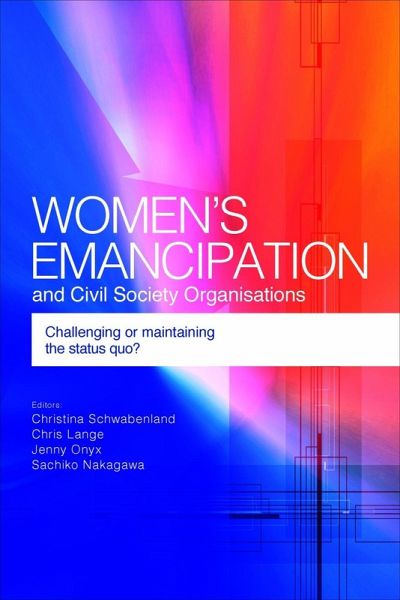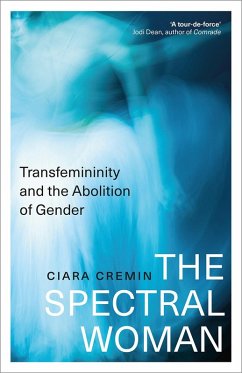
Women's Emancipation and Civil Society Organisations (eBook, ePUB)
Challenging or Maintaining the Status Quo?
Redaktion: Schwabenland, Christina; Lange, Chris

PAYBACK Punkte
0 °P sammeln!
Available Open Access under CC-BY-NC-ND licence Women are at the heart of civil society organisations. Through them they have achieved many successes, challenged oppressive practices at a local and global level and have developed outstanding entrepreneurial activities. Yet Civil Service Organisation (CSO) research tends to ignore considerations of gender and the rich history of activist feminist organisations is rarely examined. This collection examines the nexus between the emancipation of women, and their role(s) in these organisations. Featuring contrasting studies from a wide range of cont...
Available Open Access under CC-BY-NC-ND licence Women are at the heart of civil society organisations. Through them they have achieved many successes, challenged oppressive practices at a local and global level and have developed outstanding entrepreneurial activities. Yet Civil Service Organisation (CSO) research tends to ignore considerations of gender and the rich history of activist feminist organisations is rarely examined. This collection examines the nexus between the emancipation of women, and their role(s) in these organisations. Featuring contrasting studies from a wide range of contributors from different parts of the world, it covers emerging issues such as the role of social media in organising, the significance of religion in many cultural contexts, activism in Eastern Europe and the impact of environmental degradation on women's lives. Asking whether involvement in CSOs offers a potential source of emancipation for women or maintains the status quo, this anthology will also have an impact on policy and practice in relation to equal opportunities.
Dieser Download kann aus rechtlichen Gründen nur mit Rechnungsadresse in A, D ausgeliefert werden.













